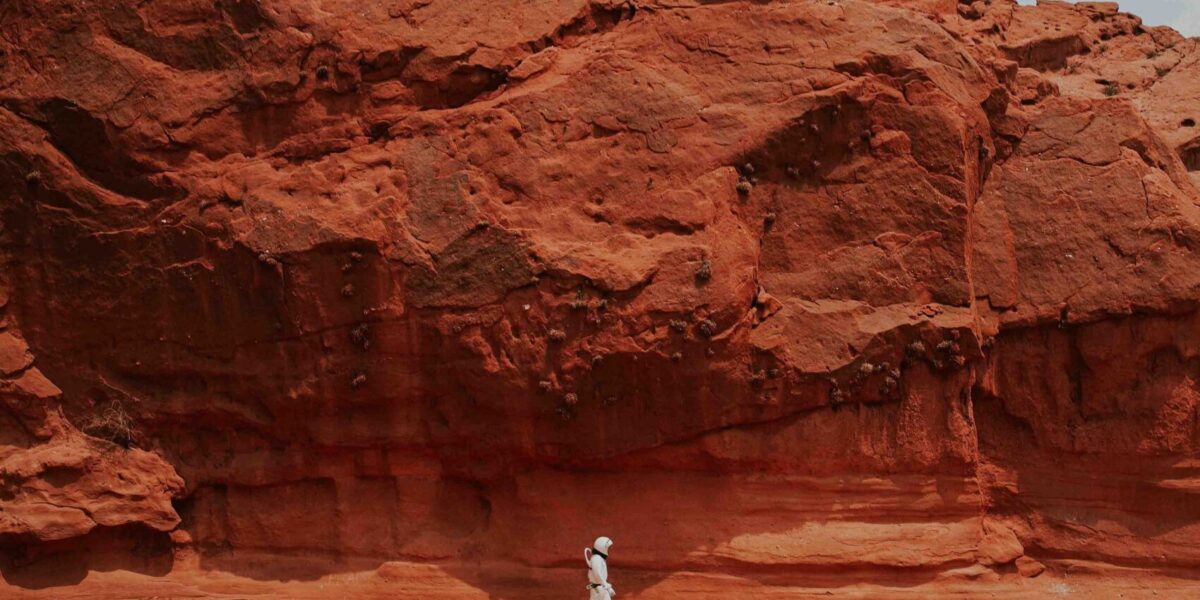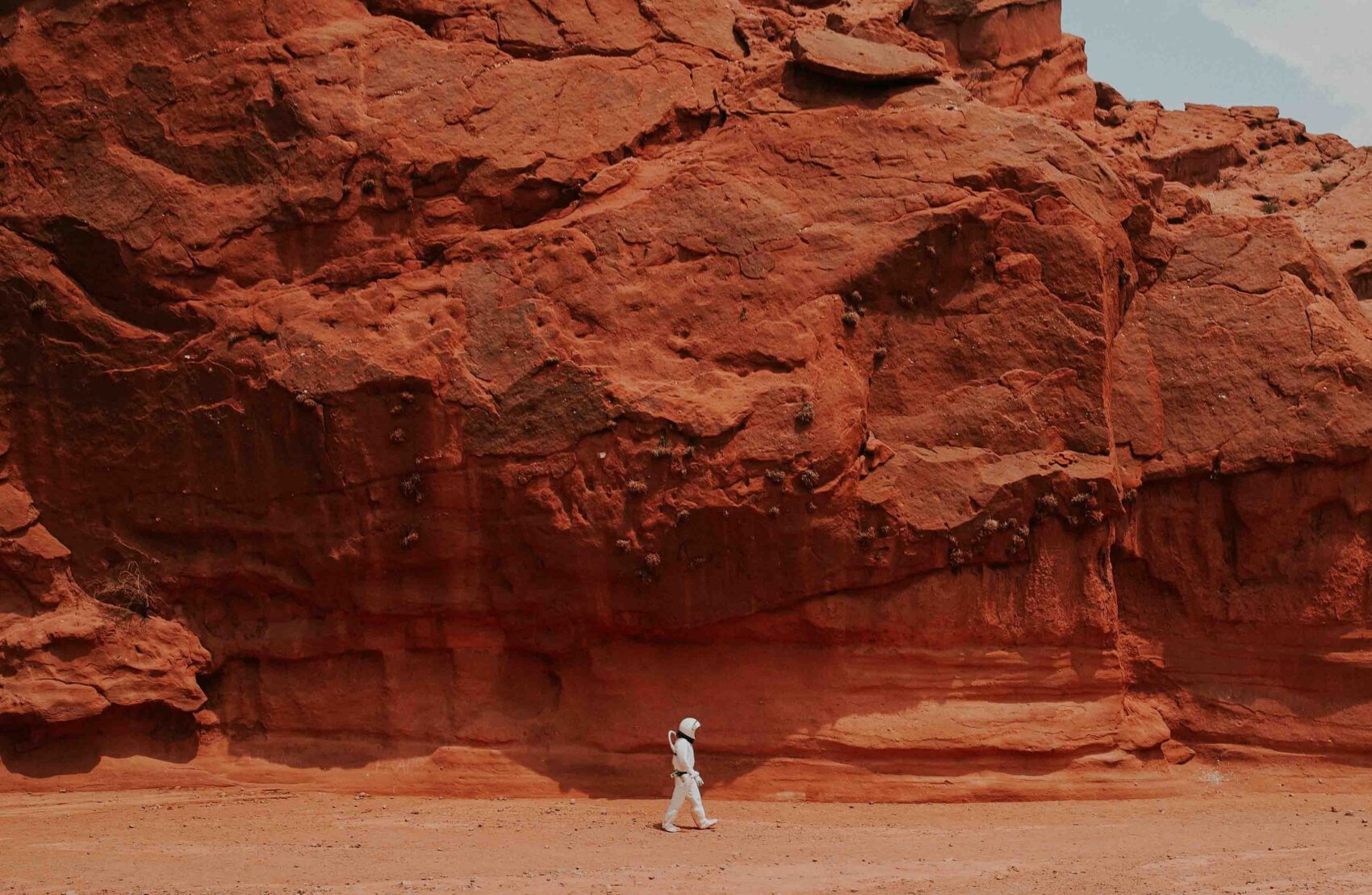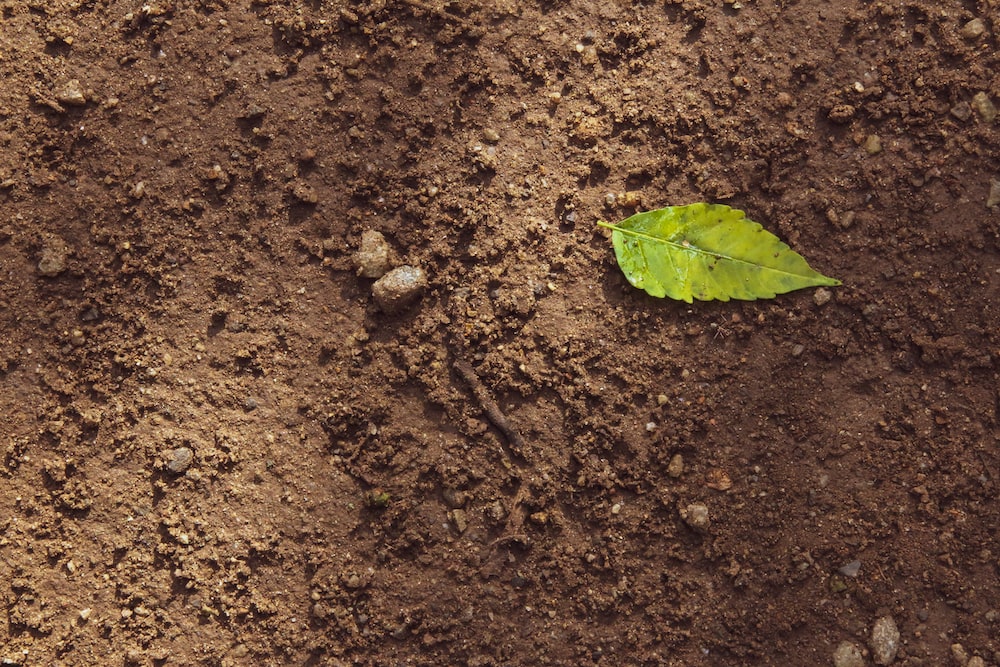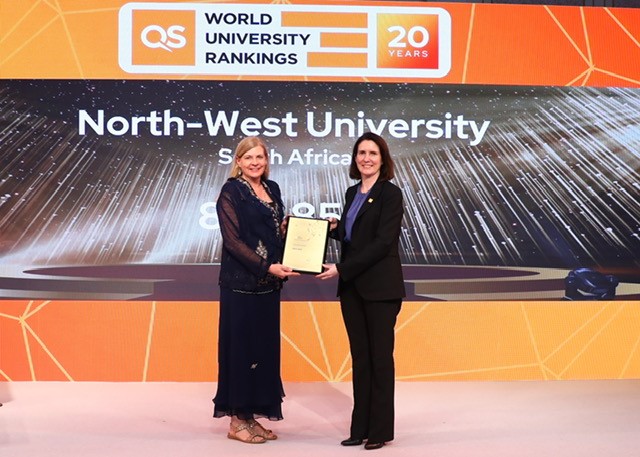NWU Spearheads Africa’s First Space Biology Research
Key Points
- NWU launching SpaceBiology research area, a first for Africa.
- The research will assess how organisms can sustain life in space’s harsh conditions.
- NWU’s expertise with extreme environments makes it suited to identify resilient organisms for space flight and colonisation on the Moon and Mars.
The North-West University (NWU) is pioneering space biology research in Africa through its new SpaceBiology@NWU initiative. The multidisciplinary area will assess how biology can enable human survival in space.
Studying Life Support for Long Space Missions
“Humans will be back on the Moon in a few years, but colonisation of the Moon and Mars is still some time away. That is why we need research to assist in the process,” said NWU professor Henk Bouwman, one of the project leaders.
“In situ production of fibre, carbohydrates, fats, protein, nutrients and oxygen will be key for sustained living in space under confined, constrained and extreme conditions. This means organisms must be sustained at productive rates, which implies functional ecosystems based on regolith,” Bouwman explained.
Leveraging Africa’s Extreme Environments
“Africa has many harsh conditions that harbour organisms that may be candidates for space flight and colonisation on the Moon and Mars. Our deserts, poor soil areas (often also classified as regolith), mine shafts, isolated islands, aquatic systems and other ecologies have organisms that can sustain and transform regolith into sustainable and arable soils,” Bouwman said.
NWU can harness its expertise regarding ecosystems in Africa’s harshest conditions to identify resilient organisms.
“There are a vast number of plants, animals and microbes that not only live but thrive under these harsh conditions, and we need to exploit and harness our knowledge about them as we embark on this new adventure for our species,” Bouwman noted.
“Just think of the multitude of practical developments that can be brought back to Earth and have practical applications for conditions in Africa.”
This includes growing edibles in conditions previously deemed unsuitable for that purpose.
The escape velocity needed to punch through Earth’s thick atmosphere and the grip of gravity is immense. The same can be said of the out-of-the-box thinking required to succeed in the next great human endeavour.
“We sit at the bottom of Africa, largely removed from the body of space researchers in Europe and America. This means we have students and researchers who think differently and more creatively, as they are not confined by previously established norms concerning such research. We are much more inclined to think broadly than our northern counterparts,” concluded Bouwman.
Advancing Space Biology Frontiers
The NWU initiative will conduct pioneering work as Africa’s first dedicated space biology research program. Discoveries could also have down-to-earth applications for agriculture.
“It is exciting, it is dangerous, it is new, and it is challenging. Why not embark on this journey?
“We have the expertise at the NWU to conduct research to facilitate long space flights and the future colonisation of the Moon and Mars,” Bouwman stated.
Read more on the NWU site here.
Photo by Nicolas Lobos
Share
Search by Category
Related Stories
Key Points
- NWU launching SpaceBiology research area, a first for Africa.
- The research will assess how organisms can sustain life in space’s harsh conditions.
- NWU’s expertise with extreme environments makes it suited to identify resilient organisms for space flight and colonisation on the Moon and Mars.












